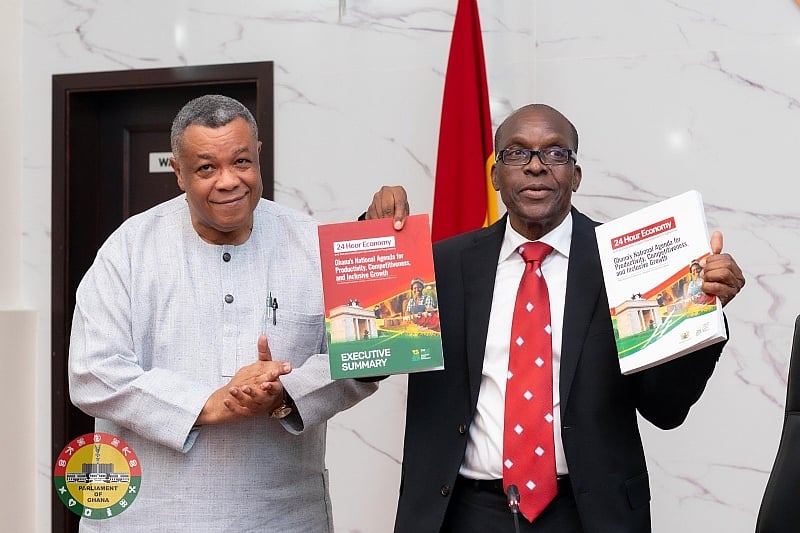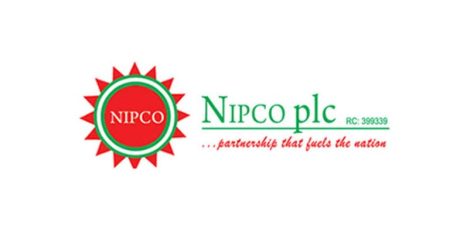Ghana’s 24-Hour Economy Policy: A Blueprint for Transformation
The Ghanaian government has unveiled an ambitious policy framework aimed at revolutionizing the nation’s economy, fostering sustainable job creation, and promoting inclusive growth. This multifaceted approach, known as the 24-Hour Economy Policy, rests on three core pillars: Production Transformation, Supply Chain and Market Efficiency, and Human Capital Development. These pillars serve as the foundation for eight strategic sub-programmes, each designed to address specific aspects of the economic revitalization agenda. These sub-programmes include Grow 24, Make 24, Connect 24, Show Ghana, Go Ghana, Digital Technology, and Aspire 24, each contributing to a comprehensive strategy.
The policy’s cornerstone is Production Transformation, with a particular emphasis on agricultural development. This focus on agriculture aims to achieve national food security, reduce reliance on imports, and stimulate economic growth. By revitalizing the agricultural sector, the government seeks to create a more robust and resilient economy capable of meeting the needs of its citizens while increasing export capacity. The Make 24 initiative will complement this effort by focusing on boosting domestic manufacturing, further diversifying the economy and creating new employment opportunities. These initiatives are intended to create a synergistic effect, driving both agricultural and industrial growth.
Supply Chain and Market Efficiency form another crucial aspect of the policy framework. Recognizing the importance of seamless movement of goods and services, the government aims to optimize supply chains and improve market access for businesses. This will involve addressing infrastructural challenges, streamlining regulatory processes, and promoting digital technologies to enhance efficiency and competitiveness. By enhancing the efficiency of the entire supply chain, from production to distribution, the policy seeks to reduce costs, improve profitability, and enhance overall economic productivity.
Human capital development is recognized as a critical driver of sustainable economic growth. The Aspire 24 sub-programme focuses on transforming the public sector work culture and eliminating bureaucratic bottlenecks. This initiative aims to instill a culture of efficiency, productivity, and customer service within the public sector, creating a more conducive environment for business and investment. By streamlining administrative processes and fostering a more proactive work ethic, the government aims to improve the overall performance of the public sector and its contribution to national development.
The policy also integrates strategic initiatives to promote Ghana’s cultural heritage and boost tourism. Show Ghana seeks to showcase the nation’s rich cultural diversity and strengthen engagement with the diaspora community. By highlighting Ghana’s unique cultural assets, the initiative aims to attract more tourists, generate revenue, and foster a sense of national pride. This focus on cultural tourism aligns with the Go Ghana and Made-in-Ghana components, which are designed to further promote national identity and stimulate local industry.
President John Dramani Mahama is scheduled to officially launch the 24-Hour Economy and Accelerated Export Development Programme on July 2, 2025. This flagship initiative, a key campaign promise during the 2024 elections, represents a significant step towards realizing the NDC’s vision for a more dynamic and inclusive economy. The policy envisions a shift system across both public and private sectors, ensuring continuous service delivery and maximizing productivity throughout the day and night.
While the policy has been broadly welcomed, Speaker of Parliament Alban Bagbin has emphasized the need for bipartisan consensus and national ownership. He has called for the policy to be presented to Parliament after its official launch for thorough debate and scrutiny, ensuring the buy-in of all stakeholders. This emphasis on parliamentary engagement and national dialogue reflects the importance of building consensus and ensuring that the policy is perceived not as a partisan initiative, but as a collective effort to advance the nation’s economic well-being. The Speaker’s call for a non-partisan approach underscores the need for a unified national effort to ensure the policy’s successful implementation and long-term impact on Ghana’s economic trajectory.
The 24-Hour Economy Policy represents a comprehensive and ambitious strategy to transform Ghana’s economy. It moves beyond traditional economic development models by focusing on a 24-hour operational cycle, promoting cultural identity, and modernizing the public sector. By targeting key sectors, streamlining regulatory processes, and investing in human capital, the government aims to create a more robust, diversified, and inclusive economy. This multifaceted approach reflects a commitment to address the complex challenges hindering economic growth and to create a more prosperous future for all Ghanaians.
The success of this ambitious policy hinges on several factors, including effective implementation, cross-sector collaboration, and sustained political will. The government’s commitment to presenting the policy to Parliament for debate underscores the importance of transparency, accountability, and broad-based support. This inclusive approach can help build trust and ensure that the policy benefits all segments of society. The emphasis on a 24-hour operating model represents a paradigm shift in economic thinking and could potentially unlock significant gains in productivity and job creation.
However, the policy also faces potential challenges, including the need for substantial investment, the development of adequate infrastructure, and the management of potential social and environmental impacts. Addressing these challenges effectively will require careful planning, effective resource allocation, and ongoing monitoring and evaluation. The focus on revitalizing agriculture and manufacturing sectors, while commendable, requires a supportive ecosystem that includes access to finance, technology, and markets. Furthermore, the success of the Aspire 24 programme in transforming the public sector will depend on overcoming bureaucratic resistance and fostering a genuine commitment to change.
The 24-Hour Economy Policy has the potential to be a transformative force in Ghana’s economic development, but its success will depend on effective implementation, collaboration among stakeholders, and a shared vision for the future. By prioritizing national unity and bipartisan support, the government can create a more conducive environment for the policy to thrive and deliver on its promise of sustained economic growth, job creation, and improved living standards for all Ghanaians. The policy’s success will also rely heavily on the government’s ability to maintain fiscal discipline and ensure that the necessary resources are allocated effectively to support the various initiatives.
The government’s focus on promoting Ghana’s cultural heritage and boosting tourism through the Show Ghana initiative holds great potential. By showcasing the nation’s rich cultural diversity and engaging with the diaspora community, the initiative can enhance Ghana’s global image, attract visitors, and generate revenue. However, this requires developing sustainable tourism practices that protect the environment and benefit local communities. The Made-in-Ghana component of the policy can further strengthen local industries and promote national pride, but it needs to be supported by efforts to improve product quality, design, and marketing.
The 24-Hour Economy Policy signifies a bold vision for Ghana’s future. By embracing a 24-hour operating model, promoting cultural heritage, and investing in human capital, the government is seeking to create a more dynamic and resilient economy. The success of this ambitious endeavour will ultimately depend on the collective effort of all stakeholders, including the government, private sector, civil society organizations, and the














